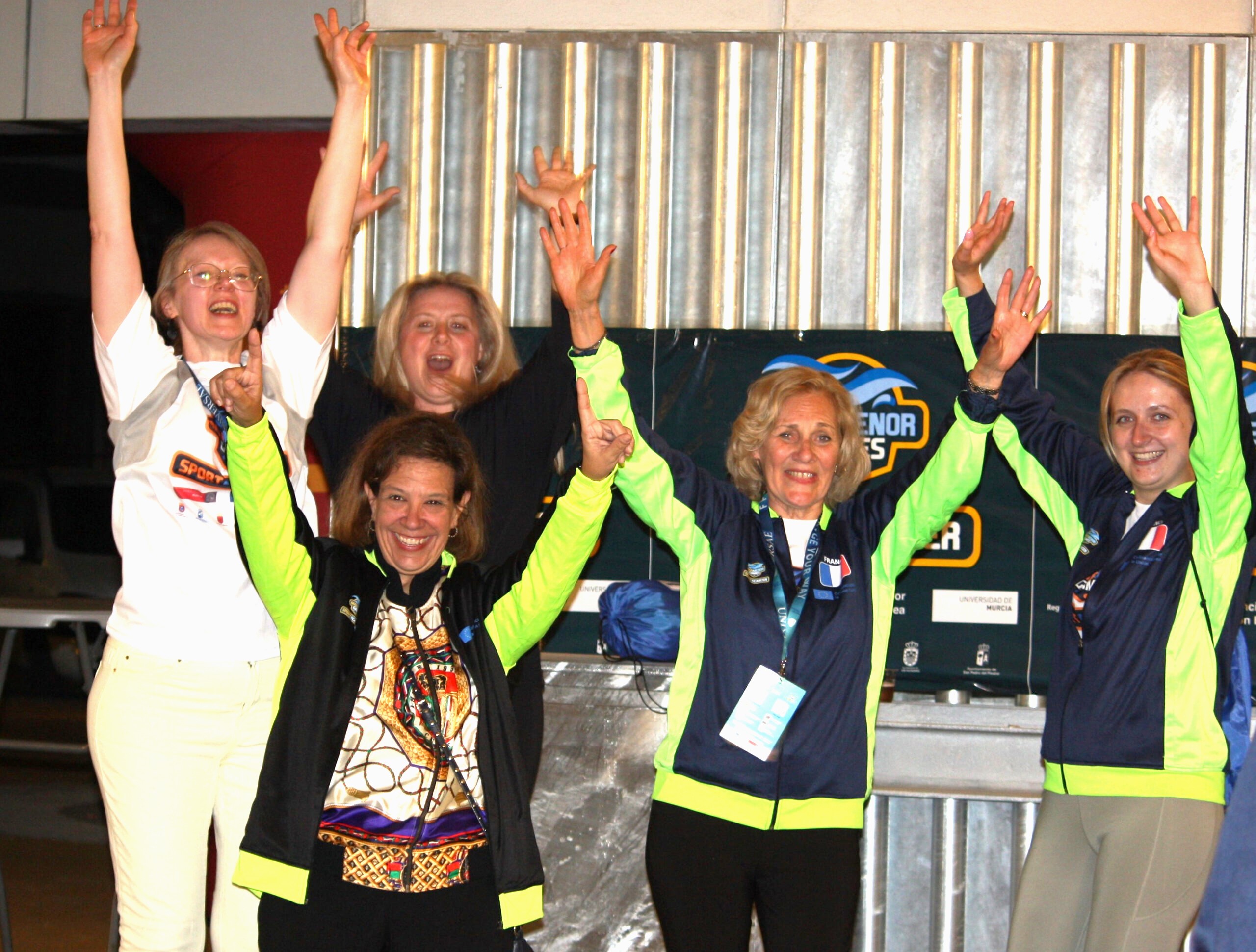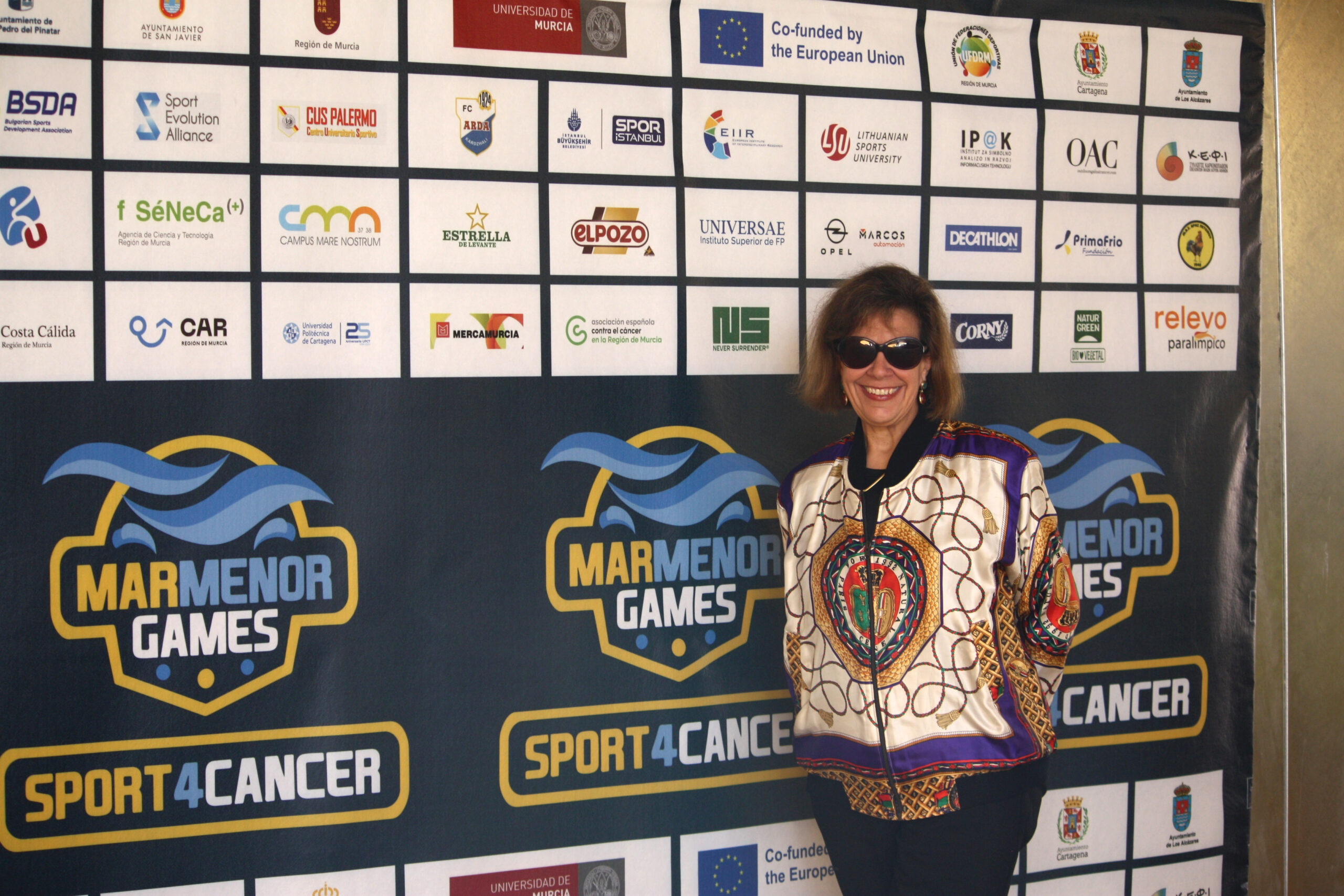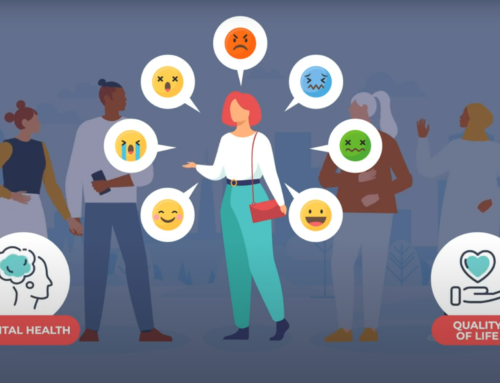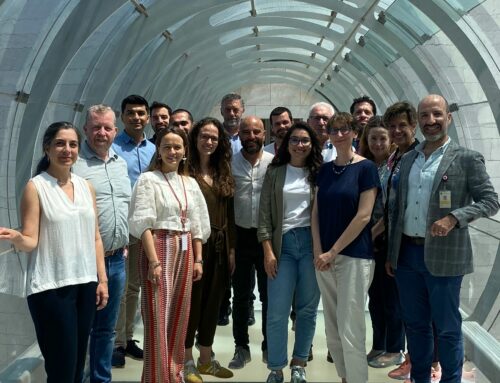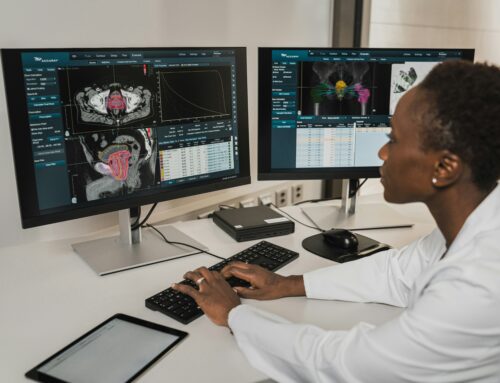Following the previous article from Hospital Gregorio Marañon (Madrid), “Exercise Oncology: Physical Activity in Young Adults with Cancer“, we would like to highlight again the importance given in the FAITH project to exercising and doing sports during cancer treatment and post-cancer stages.
Exercising and sport activities are part of the multidimensional approach to fight and prevent anxiety and depression in cancer survivors. In fact, exercising and practicing sport can be crucially important factors to prevent these diseases. Also, exercising is regarded to be a highly effective way to prevent conditions related to increased risks of premature death. These include conditions related with diseases such as cardiovascular diseases, obesity, or cancer.
As commented in our previous article, the World Health Organization has estimated that 150 minutes per week of moderate physical activity, or 75 minutes per week of vigorous physical activity, can result in better levels of health and lower risk of chronic disease. Also, regarding cancer, a meta-analysis showed that integration of exercise leads to a 20% risk reduction in oesophageal, liver, lung, kidney, endometrial and gastric cancer. Moreover, a 10-20% risk reduction was also observed in colon, myeloma, head and neck, bladder, and breast cancer.
Sports and well-being: a very likely connection
Some weeks ago, the LifeSTech team from Universidad Politécnica de Madrid (UPM) presented the FAITH project at the Sport4Cancer event in Murcia. The Sport4Cancer project is a large sporting event for people of all ages, co-financed by the European Union. Sports4Cancer conducted more than 100 sport activities for promoting sports practice, especially in people with cancer, with disabilities, and cancer survivors. The event witnessed the participation of several European countries chosen for their cultural, geographical, and climatic diversity.
We have to say that the conference tracks, sport activities and sharing, especially with cancer survivors, was remarkably interesting. Cancer survivors shared how sports increased their psychological resilience and empowerment. Moreover, they confidently stated how sports (coordinated with clinicians, medical check-ups, and lifestyle) helped them to battle against the cancer.
Both cancer patients and survivors commented how, at some point, they felt helpless when faced with challenges of the disease or taking decisions. Indeed, sports and physical activity helped them to better tolerate treatment side effects, alleviate pain, help to strengthen joints and muscles, physical fitness or combat stress and/or anxiety. It was impressive to listen to people who had cancer with solid tumours commenting how exercising during and after treatment increased their strength, boosted aerobic and breathing capacity, or improved their Quality of Life.
Although for many cancer meant to break from some fitness or sport activities, and treatments affected physical strength, it was great to hear in first person how people found their limits and strength. With help from their families and medical team to build monitored exercise routines and disciplines to re-build their endurance, patients found resilience, physical and emotional strength to move forward and battle cancer.
The Need for more Sports in Cancer Survivorship
Fittingly, the conference tracks targeted many points that we focus on in the FAITH Project. For example, the biopsychological model of Engel (1977), which builds on a biological, social and psychological framework. In fact, this approach pushes for putting together a multidisciplinary team (oncologist, surgeon, radiotherapist, nutritionist, physiotherapist, cancer exercise experts, psychologist, etc) to support oncological and/or post-oncological stages during the patients’ journey. Moreover, different related projects presented statistics and numbers on cancer survivorship and physical activity. Nonetheless, we could still see that a lot of work and research is necessary in this area. To give a tangible example, according to statistics, still 80% of clinicians are not aware of the benefits of oncologic exercises.
It was a very nice experience to share with congress presenters and participants, especially people with cancer and cancer survivors. Surely, it is very touching to experience patients’ high appreciation for life. Indeed, the best thing witnessed at the Sports4Cancer event was patients seeing sports and exercise as means to become active participants in their cancer and post-cancer care, managing and taking control of the cancer, and not being merely observers of their treatment and recovery process.
Authors:
Ma. Eugenia (Xenia) Beltran, Laura Lopez and Diego Carvajal of the Universidad Politécnica de Madrid (UPM).
